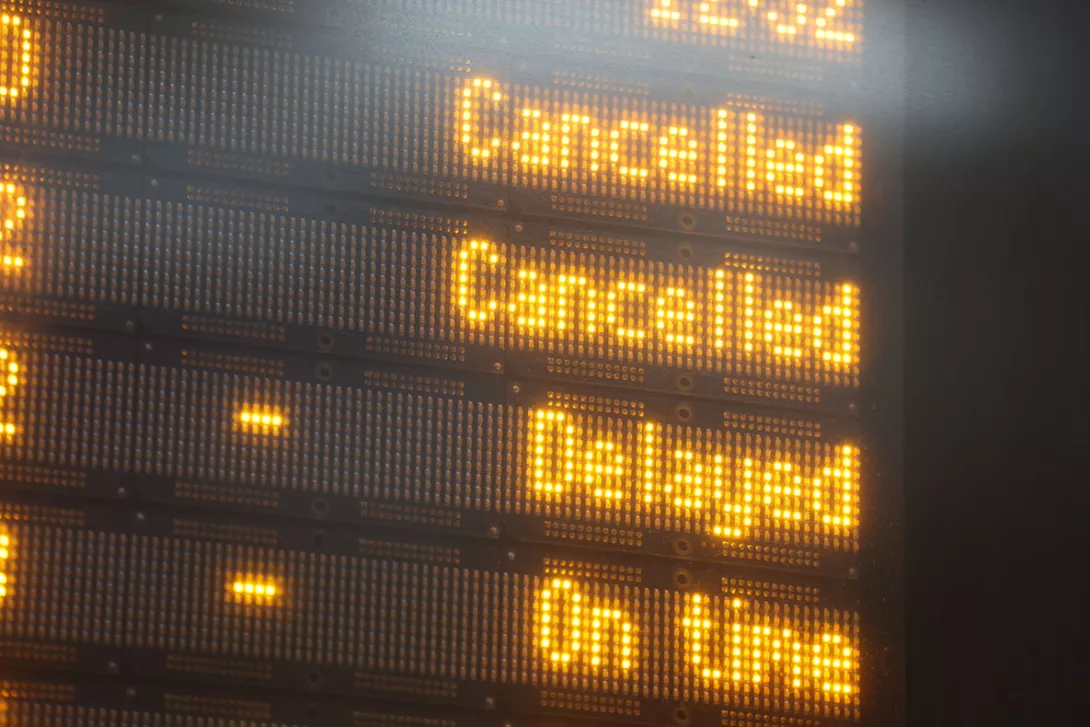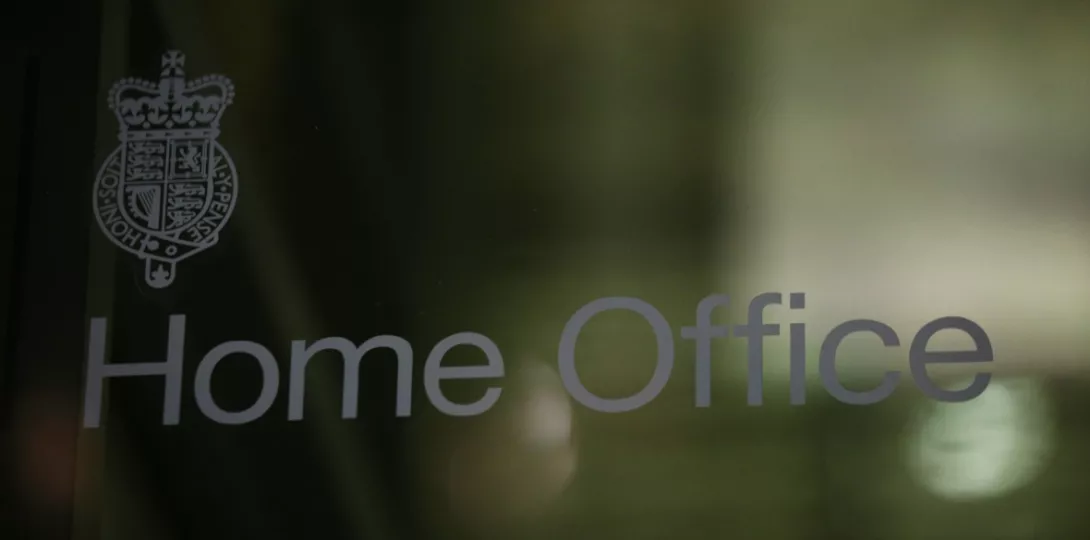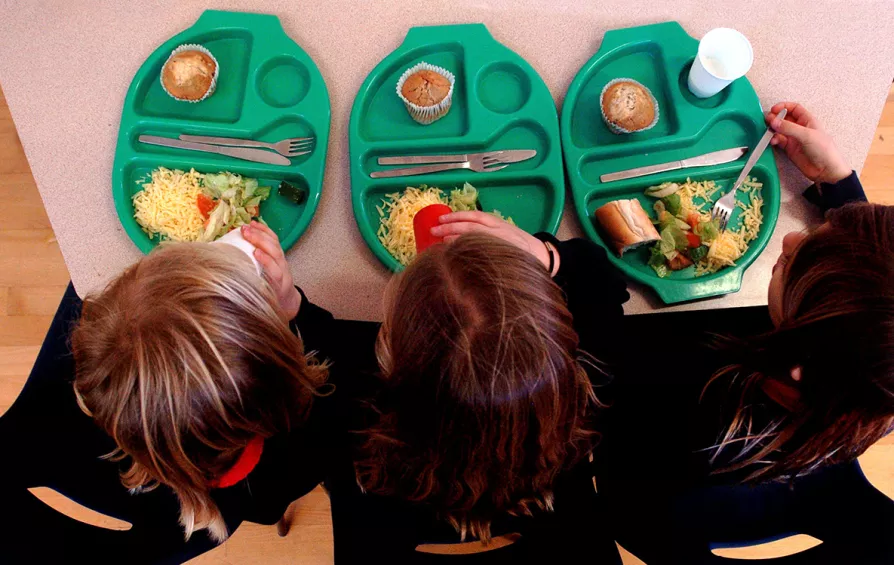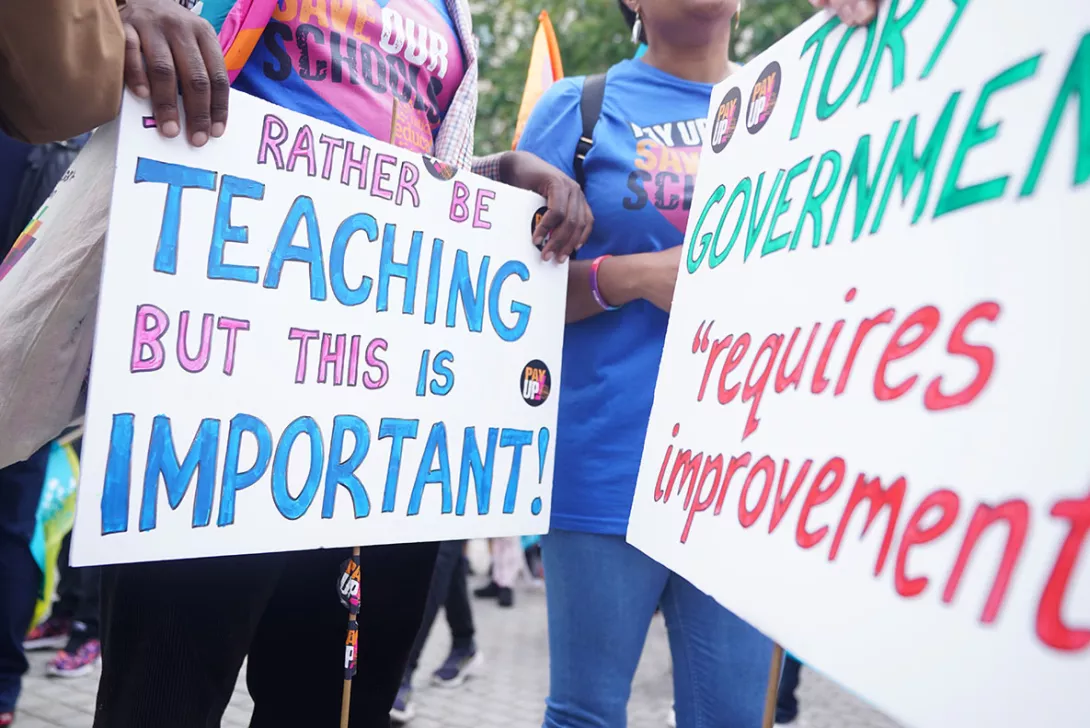Union brands Gove's free schools a ‘costly experiment’

BRITAIN’S largest education union has branded the Tories’ flagship free schools programme a “costly experiment” after a damning study confirmed they starved local primaries of funds while increasing social segregation.
The National Education Union (NEU) blasted the havoc wrought by former education secretary Michael Gove after research into the schools by the University College London (UCL) demolished his claims they would improve standards.
Teachers instead lost their jobs and curriculums were narrowed as primaries were forced to make cuts, with tight budgets squandered on marketing to compete for student numbers rather than improving teaching standards, the researchers found.
More from this author

Palestine Solidarity Campaign director Ben Jamal denies breaching anti-protest laws
Similar stories
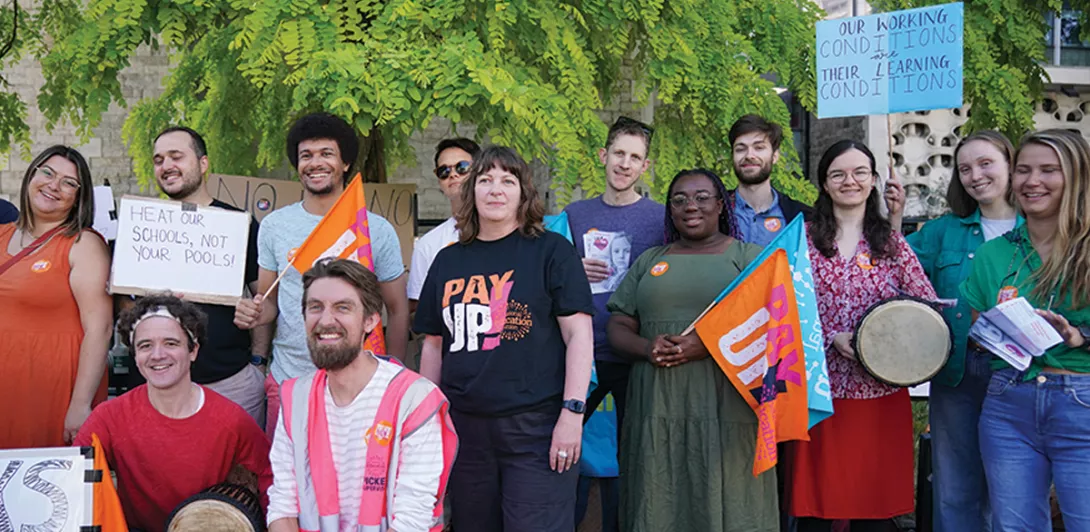
ROBERT POOLE dissects Labour’s plans around education


